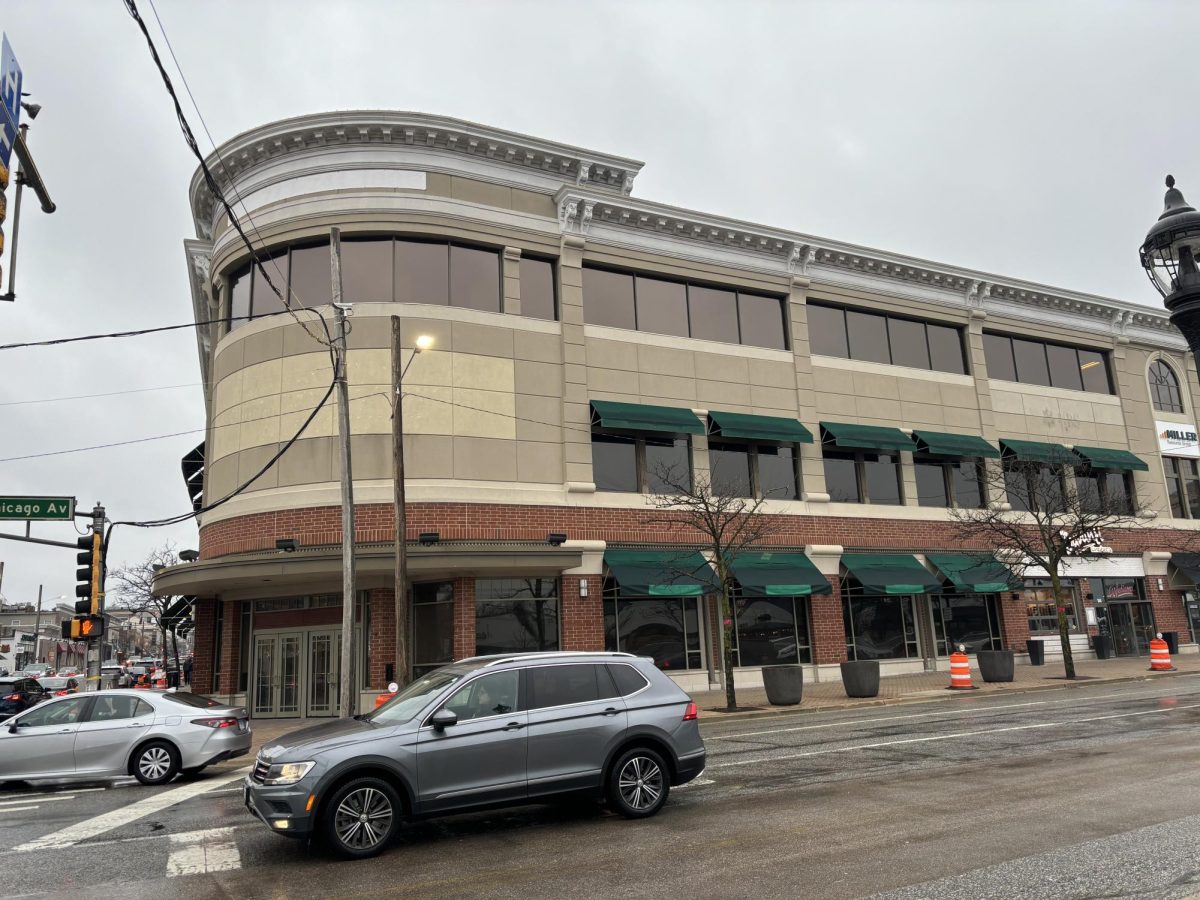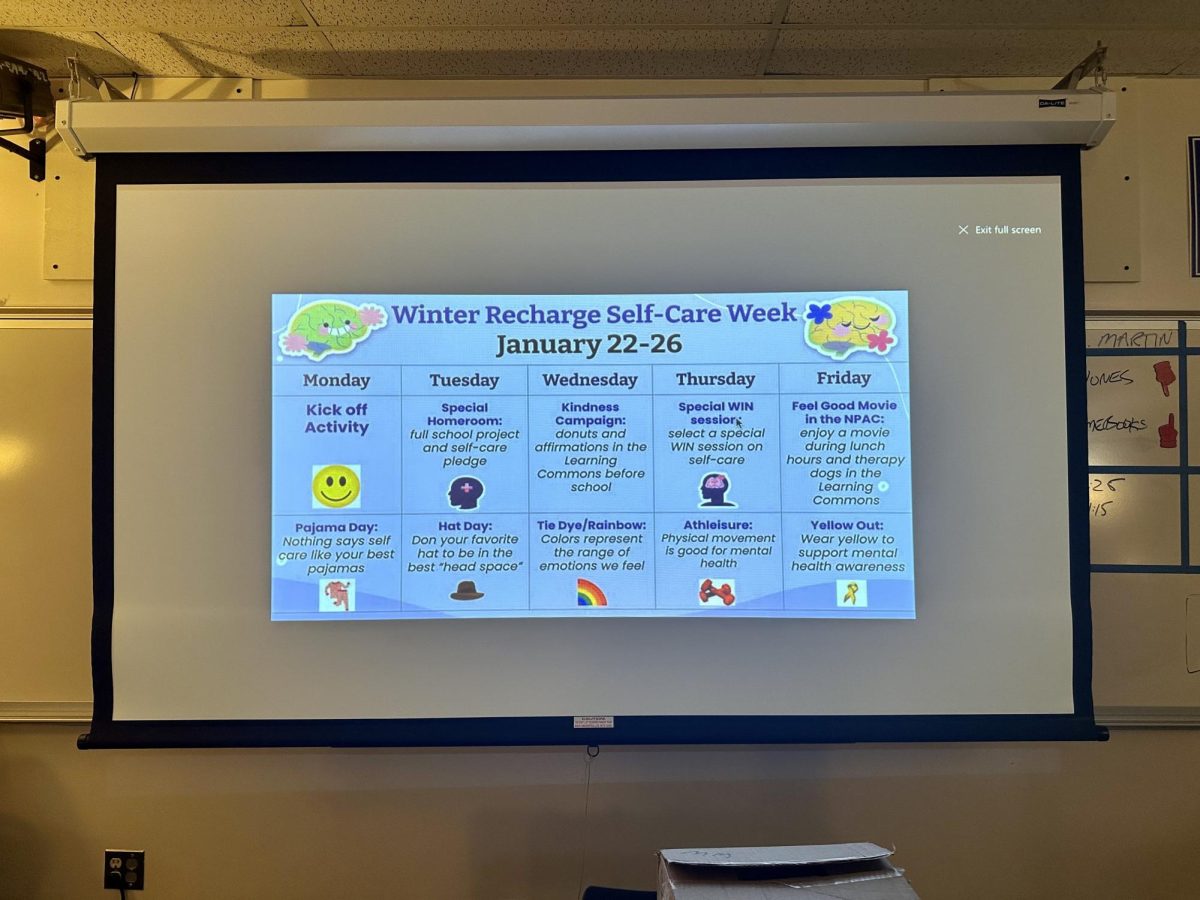Naperville community struggles to understand increase in heroin related deaths
By Staff Writer Eloise Fischer-Fortney
With 3 months left in 2013, DuPage County coroner Richard Jorgensen said he has already handled around 44 deaths due to heroin overdose. With victims ranging from 15-64 years-old, Jorgensen said he has too often seen a new corpse lying on his table, and he, along with many other concerned people, is still struggling to find the exact reason why this is happening.
“It’s hard for the community as a whole, the people involved, and for me.” Jorgensen said. “These are tragic and devastating deaths and I’m so frustrated with trying to get people to realize how dangerous of a drug this is.”
DuPage County has already matched last year’s record of 38 heroin overdose deaths. There was an abrupt 15-death spike within the first two weeks of July, according to Jorgensen.
Jorgensen is not the only one at a loss for answers, but many people with knowledge of drug abuse have theories on why heroin is seeing an increase in popularity in DuPage County.
Nurse Pam Seubold said one factor is the use of highly addictive drugs with effects similar to that of heroin, sometimes ones that were originally prescribed for medical reasons.
“It starts out with easy access to simple opiate painkillers left around a house after a surgery, like getting wisdom teeth removed,” Seubold said. “Vicodin, OxyContin, and hydrocodone all have a less intense but heroin-like affect.”
Jorgensen has also seen this trend in many of the victims that end up on his table.
“It’s amazing how many people have access to so many of these opiate painkillers,” Jorgensen said. “It’s surprising how easily doctors prescribe them.”
Seubold agrees.
“Doctors supplying such a large amount of opiate painkillers is very unnecessary,” Seubold said.
However, according to Seubold, such medications are expensive and once the supply runs out, many users find it difficult to pay for more. Users then switch to the cheaper and more potent heroin.
School Resource Officer Russ Davis has another theory. He said he believes there is a link between marijuana and heroin users.
“Almost everyone who uses heroin has used cannabis,” Davis said.
The DuPage Coroner’s office started tracking the deaths from heroin in 2007, at which time the county averaged 20-25 deaths a year. Last year the number climbed to 38. DuPage County has already surpassed that tally within the first 8 months of 2013 according to Jorgensen, and his office is still putting together numbers for September.
Both Seubold and Jorgensen said they could not explain the reason for the 15-death-spike in July, but Davis believes it was related to students, both high school and college, being off for the summer and having nothing to do with their free time.
Some have suggested to Jorgensen that the heroin is coming from a “bad batch” or insisting that it’s “tainted”, but according to Jorgensen, his office has been unable to identify any of the heroin being tainted. He thinks that the heroin problem more has to do with the purity and strength of the heroin, which can also be attributed to accidental deaths.
Davis has recognized this as a problem too.
“Two types of people die from a heroin overdose: those who are continuous addicts and don’t know when to stop,” Davis said, “and those who are first time users that don’t know how much is too much.”
On top of the purity, the method of delivery is a major factor.
“Heroin no longer needs to be injected. There are other ways, such as smoking, that make it seem like it’s as casual as smoking a joint, but, in reality, it’s still an unbelievably dangerous drug,” Jorgensen said.
Davis encourages students to seek help from him for their addictions.
“My job is to help students,” Davis said. “If someone comes to me for help, I won’t arrest them and will help them through their addiction.”







Sasha Cohen • Oct 24, 2013 at 4:51 pm
The forever rising trend of overdoses is primarily the fault of people like officer davis and other law enforcement who drive users underground. When we treat drug use and abuse as a medical issue instead of a criminal justice one we can more adequately prevent overdoses. For example, the medicine Naloxone can help someone in the early stages of an Od before paramedics arrive, but it is not widely available and not carried by many people because it is hard to get. If Officer Davis, and the rest of the Naperville Police Department want to actually reduce heroin deaths then it’s time to start a community organization that will give access to Naloxone, and other needed treatments, in a place without the threat of law enforcement.